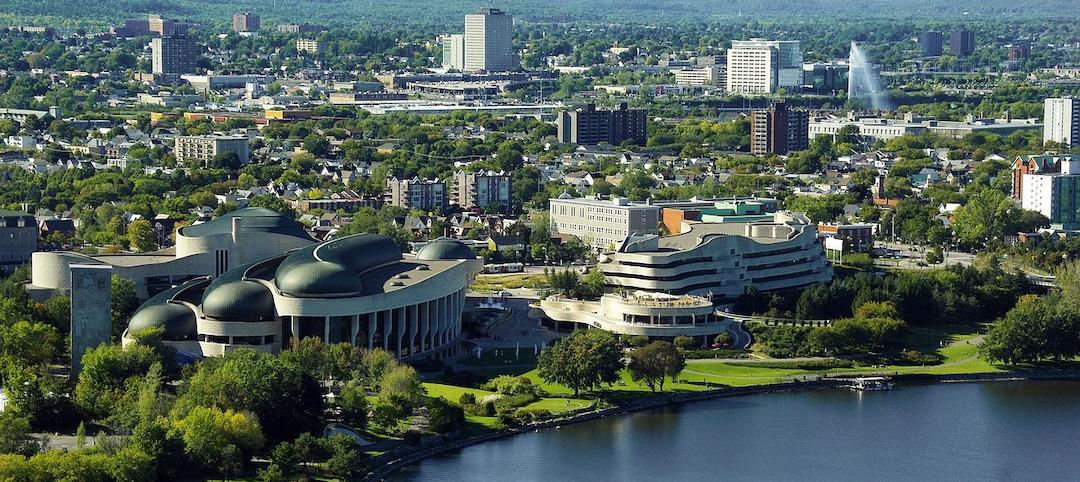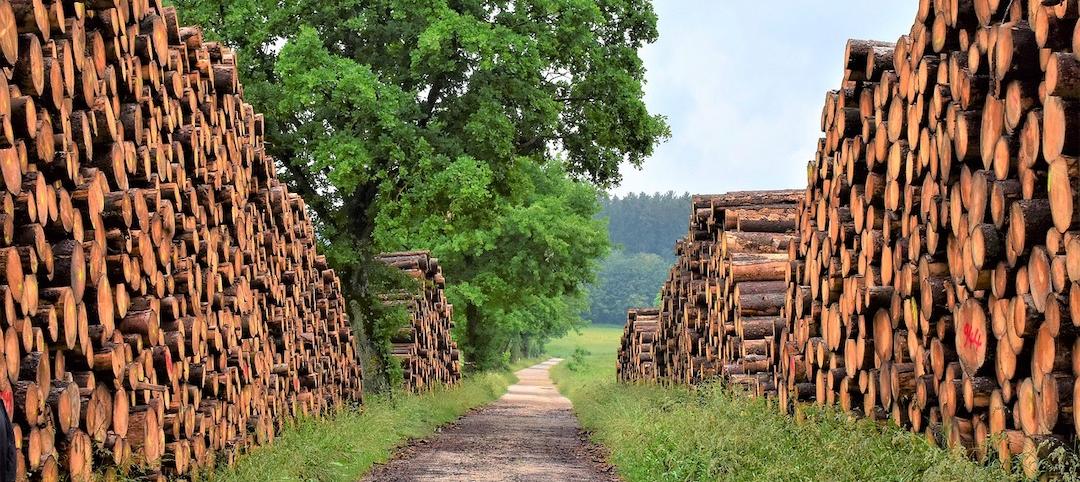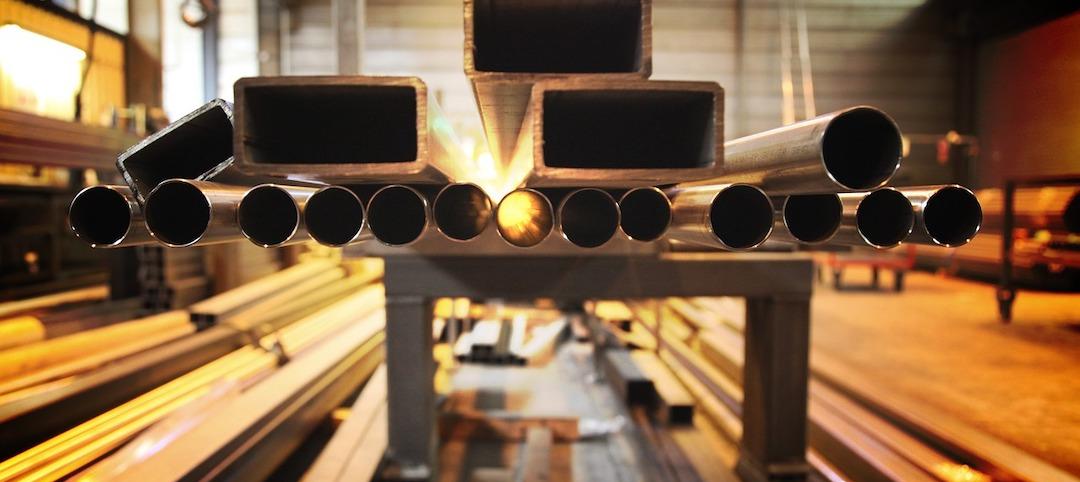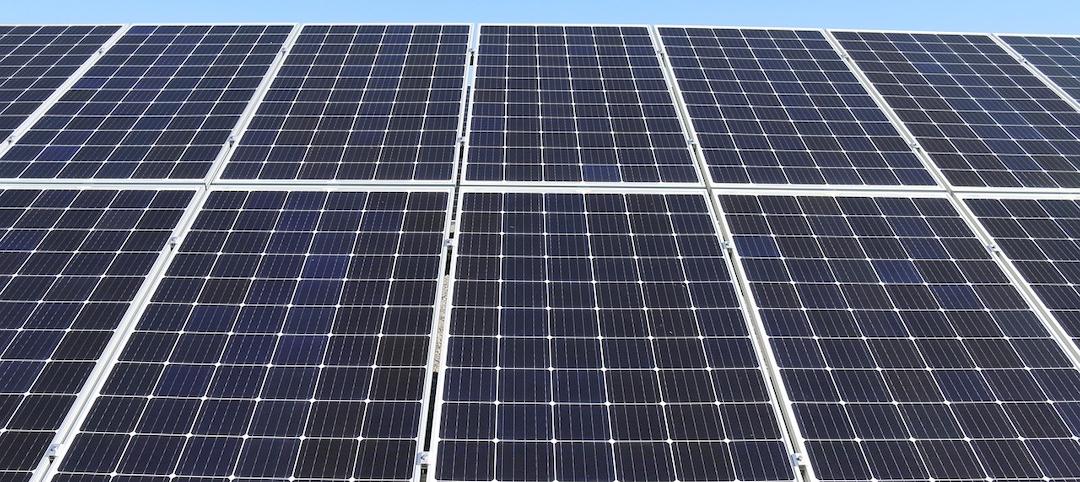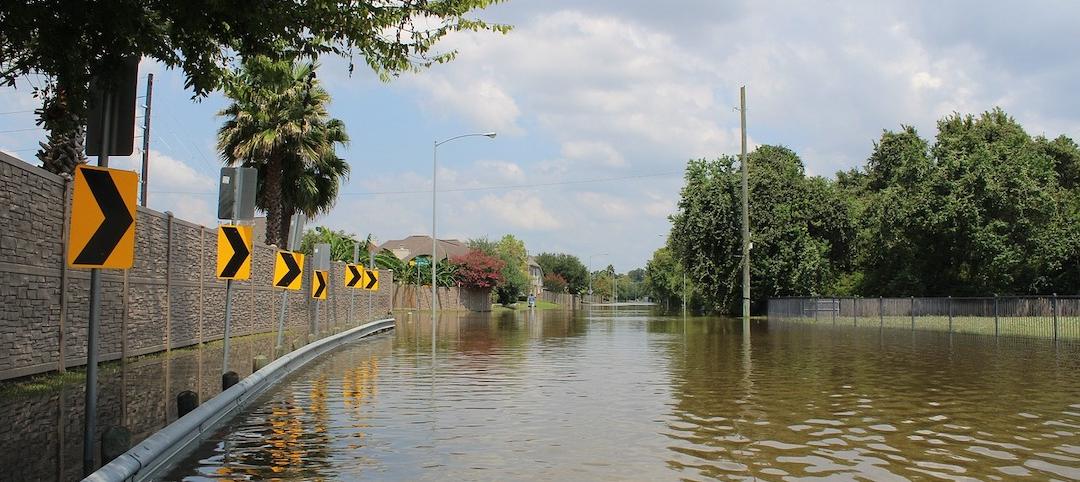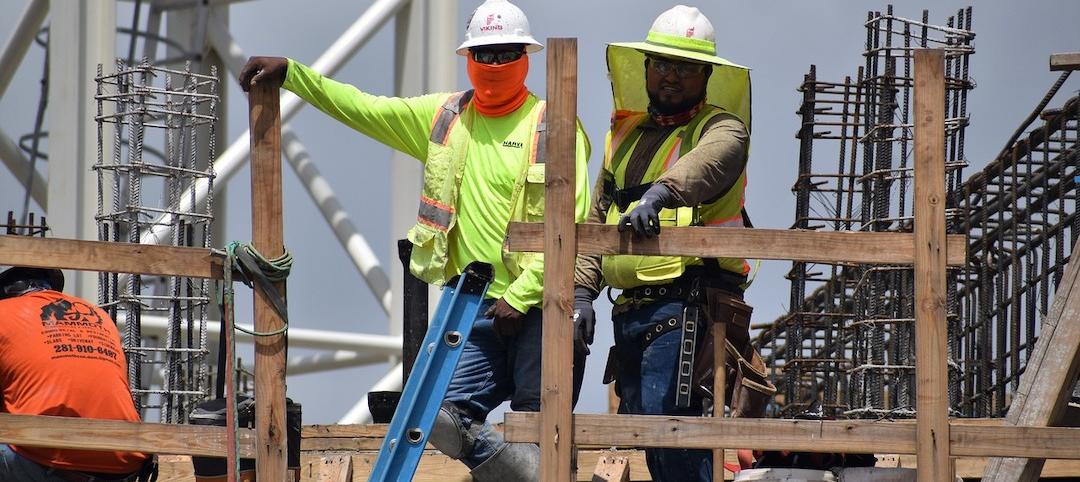“Smart retrofitting” that uses data gleaned from artificial intelligence (AI), analytical software, and the Internet of Things (IoT) is critical to achieving net zero buildings, according to new research from construction technology provider Asite.
By 2050, 75% of buildings that exist today will be energy inefficient, making wide-scale energy retrofits essential to the goal of a net zero built environment. A global strategy that incorporates models using data from digital twins—digital representations of assets, processes, and systems—will help optimize retrofit investments, Asite says.
A simulation model can be compared to measured sensor and meter data in a building. “This calibrated model then becomes a digital asset,” the Asite report says. “In the case of retrofitting, digital twins enable the retrospective analysis of existing structures to deliver necessary transformation.”
The report also discusses retrofitting on a global scale, examining government and organization policies and initiatives from around the world.
Related Stories
Codes and Standards | Jan 19, 2022
Canada’s Trudeau seeking building codes changes, net-zero emissions building strategy
Prime minister also wants net-zero electricity grid by 2035.
Codes and Standards | Jan 18, 2022
Greater emphasis on building materials needed to achieve net-zero carbon offices
Engineered wood, straw, and bamboo can be keys to achieving goal.
Codes and Standards | Jan 17, 2022
AISC seeks comments on draft earthquake standard for steel buildings
Includes new limits for cross-sectional slenderness of steel columns based on latest research.
Codes and Standards | Jan 12, 2022
California’s wildfire building code significantly reduces structural loss
As other states consider upgrading their codes, Golden State provides useful model.
Codes and Standards | Jan 12, 2022
Regulator holding back climate-friendly, energy-saving equipment deployment, critics say
Heat pumps, solar power could be made more accessible for low-income communities in Massachusetts.
Codes and Standards | Jan 11, 2022
Cost hikes drive nearly one million renters out of homeownership qualification in 2021
Household income needed to pay a mortgage rose to $62,872 from $55,186.
Codes and Standards | Jan 10, 2022
New ratings services focus on climate risk for homeowners
Efficacy of models used in risk assessment varies.
Codes and Standards | Jan 6, 2022
Virginia contractors having a tough time finding diverse subs to meet state goals
Survey of primes may indicate similar issues at federal level.
Codes and Standards | Jan 5, 2022
Boston drops parking requirements for affordable housing
Measure expected to spur new projects.
Codes and Standards | Jan 4, 2022
Dept. of Energy Better Climate Challenge aims for 50% GHG emission reduction by 2030
Program offers technical assistance and peer-to-peer knowledge sharing.



